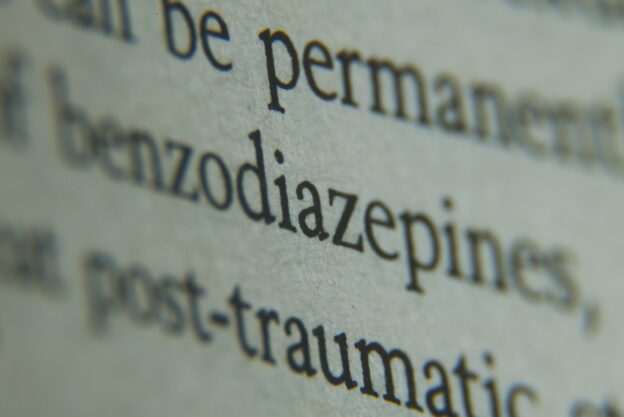Understanding complex issues like addiction is paramount. The neurobiology of benzodiazepine addiction, a growing concern, demands our attention now more than ever. Delving deep into this subject helps those affected and aid centers like the Harmony Ridge Recovery Center WV to provide better-informed treatments. Through a comprehensive exploration of this topic, we can unlock more effective strategies for recovery and healing. Continue reading













